On March 23, 1934, an event shocked the intellectual world of Paris when for the first time an Annamese person graduated with a doctorate in literature from the Sorbonne University. This university, known as the “intellectual heart” of Europe, had never had a colonial student graduate with a doctorate up to that time.
The Paris noon newspaper published a news article about the new doctor right after his excellent thesis defense. The experts were surprised and welcomed. The name Nguyen Van Huyen became known from then on. That year, he was 29 years old.
In addition to his doctorate in literature, Nguyen Van Huyen also has a bachelor's degree in law, both from Sorbonne University.
In 1946, President Ho Chi Minh convinced Mr. Nguyen Van Huyen to become Minister of National Education with just one sentence: "You must share knowledge with the people."
The task of "dividing letters to the people" was carried out by Professor Nguyen Van Huyen for 30 years, until the last day of his life.
Professor Nguyen Van Huyen was born in 1905 in Thuoc Bac Street, Hanoi . Orphaned at the age of 8, Mr. Huyen was raised and educated by his mother and sister. Mrs. Nguyen Thi Mao - his sister - belonged to the first generation of female math teachers in Indochina.
In 1935, Mr. Nguyen Van Huyen returned to Vietnam, holding the position of Professor at the Protectorate School (Buoi School) - Native Baccalaureate Department, teaching French history and geography. From 1937, he collaborated in research with the French École française d'Extrême-Orient and moved there to work in 1938. By 1942, Professor Nguyen Van Huyen was appointed as one of the five official (permanent) research members of the Institute. The remaining four were all French.
Along with other Vietnamese research assistants such as Mr. Nguyen Van To, Mr. Tran Van Giap, Mr. Tran Ham Tan, Mr. Le Du, Mr. Nguyen Trong Phan, Mr. Cong Van Trung, etc., Professor Nguyen Van Huyen belongs to a rare generation of elites who have made important contributions to laying the foundation for modern social sciences and humanities in Vietnam.
In the first 10 years of his career, Professor Nguyen Van Huyen only taught for 3 years at Buoi School, the rest of his time was devoted to research. That was both his passion and his ideal.
Professor Nguyen Van Huy - son of Professor Nguyen Van Huyen - recounted that his father's greatest wish before 1945 was for the Vietnamese to gain a high position in science in France and the world. He wanted to use his research to gain a worthy position in the Academy in Paris, "so that people can see what the Vietnamese are like".
But history chose him for education.
Starting in 1939, Professor Nguyen Van Huyen joined the Executive Committee of the National Language Propagation Association with Mr. Nguyen Van To, Vo Nguyen Giap, Dang Thai Mai, Hoang Xuan Han... with the aim of eliminating illiteracy for the poor. Through the activities of the Association, he met Mr. Vu Dinh Hoe - who later became the first Minister of National Education in the provisional government.
Professor Nguyen Van Huyen's reputation during the period 1935-1945 was very great. Not only because of his academic prestige as the only Vietnamese to graduate with a PhD from the most prestigious university in Europe, and the only Vietnamese in the permanent membership of the French École Française d'Extrême-Orient, but also because of his personal background.
Professor Nguyen Van Huyen was married to Miss Vi Kim Ngoc - daughter of the Governor of Thai Binh Vi Van Dinh. On his side, his biological sister married the Imperial Commissioner of the North Phan Ke Toai.
But the responsibility of a great intellectual for the destiny of the nation led Professor Nguyen Van Huyen to the revolution.
In July 1945, Professor Nguyen Van Huyen and Mr. Vu Dinh Hoe went to the Northern Palace to meet with Imperial Commissioner Phan Ke Toai, secretly persuading his brother-in-law to resign.
On the afternoon of August 20, 1945, Professor Nguyen Van Huyen, along with Mr. Nguyen Nhu Kon Tum, Mr. Nguyen Xien, and Mr. Ho Huu Tuong signed a telegram sent to King Bao Dai requesting his abdication. The "group of 4" who signed that historic telegram were all educators.
In his memoirs, Mr. Vu Dinh Hoe said that initially, he was assigned by the Provisional Government to the task of “famine relief”, that is, Minister of Social Relief, while Mr. Nguyen Van To was the Minister of National Education. However, it was Professor Nguyen Van Huyen - with his understanding and experience working with both men - who intervened so that the Government could change the role to “the right person, the right place”.
As soon as he assumed the position of Minister, Mr. Vu Dinh Hoe went to the Far East Archaeological Museum to meet Professor Nguyen Van Huyen to discuss the organizational framework of the Ministry of National Education and the immediate tasks that needed to be done. Accordingly, to assist the Ministry in managing education, there were 4 Departments: the Department of University Affairs headed by Professor Nguyen Van Huyen; the Department of Secondary and Primary Affairs headed by Mr. Nguyen Huu Tao and Mr. Nguyen Cong My; and the Department of Popular Education headed by Mr. Nguyen Cong My.
According to Professor Nguyen Van Huyen's advice, there are three major issues that the Government must immediately declare: First, within one year, all people must be able to read and write in the national language; second, all levels of education must be taught in the national language, including universities; third, draft a project to reform the current education system.
All three proposals were approved.
On October 10, 1945, the Government issued a decree establishing the Academic Advisory Council to promote research and drafting of the Education Reform project. The “chief architect” of the project was Professor Nguyen Van Huyen.
Only 10 months later, the project report was submitted to the Government. For the first time, Vietnam established the basic principles and objectives of education. That is, democratic, national and scientific education; at the same time, following the principle of serving the national ideal.
With the spirit of democracy, the new education is a unique and equal education for all people.
With national spirit, the new education system trains a strong national spirit so that everyone knows how to serve the Fatherland with all their might.
With a scientific spirit, the new education develops people comprehensively and harmoniously, while focusing on both theory and practice, and valuing professional learning.
On June 10, 1946, the Government issued Decree 146, officially organizing the new education system of independent Vietnam.
Right during the time of drafting the national education reform project, Professor Nguyen Van Huyen simultaneously reorganized universities that were previously in the hands of the French, and then the Japanese, into the Vietnam National University.
On November 15, 1945, just over two months after Independence Day, the first opening ceremony of the new universities took place, witnessed by President Ho Chi Minh - representative of the Government of the Democratic Republic of Vietnam, and representatives of the Allied missions present in Hanoi.
In his opening speech, before international guests, Professor Nguyen Van Huyen said: “Today's ceremony, we, the professors and students, want to be an opportunity to show the world that in this critical moment for the future of the Fatherland, the Vietnamese people, in addition to the bloody struggle on the battlefield, also strive to participate in the cultural progress of humanity.
We want this new university to be a strong force among the fighting forces of the Vietnamese people. We want it to be a stronghold for a long-term resistance, to completely restore the territory and liberate the spirit of our people - a civilized nation with over a thousand years of independent history and who have created a unique civilization on the Pacific coast.
The opening speech of Professor Nguyen Van Huyen is archived at the French School of the Far East.
In late 1946, in the face of a new historical context, President Ho Chi Minh personally asked Professor Nguyen Van Huyen to be the Minister of National Education. Initially, Professor Huyen refused because he thought he could not handle the task. But Uncle Ho said something that made Professor Huyen unable to refuse: "You must share knowledge with the people."
From November 1946 to October 1975, Professor Nguyen Van Huyen spent nearly 30 years steering the country's education ship in the context of war. During three decades of bombs and bullets, he carried out many reforms, consistently demonstrating a policy of organizing education in a streamlined, effective, and flexible manner, both serving the resistance war and preparing for national construction.
The first educational reform had only been implemented for less than 6 months when the whole country went into resistance, and all Buoi schools and universities had to evacuate and retreat to the war zone.
The second educational reform took place in Viet Bac in 1950. A library committee was established in the middle of the forest to compile textbooks. Minister Nguyen Van Huyen personally directed the compilation of textbooks for social sciences.
The education sector underwent a major shift in the North in 1966, when the US launched a destructive war. Schools were evacuated to the countryside, teaching and learning under wartime conditions.
During the 9 years of fighting the French, from 1946 to 1954, in the middle of the Viet Bac resistance zone, the new education system that Professor Nguyen Van Huyen "designed and implemented" completely eliminated the French colonial education system, used Vietnamese entirely in schools - including universities, eliminated illiteracy, built an education system in the mountains for ethnic minorities and developed universities, right in the mountains and forests.
All of these things, as the late Prime Minister Pham Van Dong said, were "accomplished in the strangely difficult circumstances of the resistance wars."
Amidst the storm of bombs and bullets, the schools were continuously bombed, but soon after another school made of bamboo and thatch was built. Students switched from day to night classes. Each student went to school with a bottle of penicillin containing kerosene and a small cotton wick to provide enough light for reading and writing.
During the anti-American period, children had to wear straw hats, study in the basement, and lacked everything. But despite the difficulties and hardships, the education sector led by Professor Nguyen Van Huyen still organized for teachers and students to teach and learn, still encouraged children to go to school, teachers taught well, students studied well.
The Nguyen Van Huyen Museum in Lai Xa village, Hanoi, holds many memorabilia and documents about the life of the professor and his wife, Ms. Vi Kim Ngoc. Professor Nguyen Van Huy pointed to a photo and asked visitors for a few words of appreciation. It was a photo taken by Professor Huyen himself when his wife had just given birth to their first child.
Miss Vi Kim Ngoc lay hugging her child on a tin bed with a white mattress and light pink curtains. The reception table next to her was also covered with a white tablecloth. On the bedside table was a vase of elegant roses. The room was decorated delicately and luxuriously. The peaceful scene showed an upper-class life that not many people could have even in this modern era.
That was the life of Professor Nguyen Van Huyen's family before the August Revolution took place.
But he and his family gave up everything to join the revolution, without hesitation, with a consistent and steadfast ideal of service.
In her diary, Ms. Vi Kim Ngoc only regrets one thing, which is the photo she sent him when they first met. The photo in which he told her, “You have eyes that make me fall in love.”
When she evacuated, she left that photo along with her house and property in Hanoi, not expecting that the long journey would last thousands of kilometers and more than three thousand days. After nine years, when she returned to her old house, she could no longer find it.
When they arrived at the war zone, Professor Nguyen Van Huyen's family temporarily stayed in a stilt house of the Tay ethnic group. The landlord gave them a room, with a buffalo pen underneath. Later, he and his extended family had to move many times, fleeing from enemy bombs and bullets from Tuyen Quang to Phu Tho, and then from Phu Tho to Tuyen Quang, facing hardship and deprivation in every way.
Peace was restored in the North, and like all Vietnamese people at that time, the couple lived in poverty. The most valuable asset of the daughter of the Governor was the wooden dressing table with an oval mirror that she bought in 1956.
Later, when her eldest daughter got married, the gift she gave her was her dressing table. That dressing table was given by her older sister Bich Ha to her younger sister Nu Hieu on their wedding day, and Nu Hieu gave it to her sister-in-law Vu Thi Kim. When building the Nguyen Van Huyen Museum, Professor Nguyen Van Huy and his wife decided to put their mother's dressing table in the museum as a historical witness.
Professor Nguyen Van Huyen’s greatest passion, and also his ideal since his youth, was scientific research. He repeatedly expressed his intention to return to research after retirement. But that wish could never be realized.
Professor Nguyen Van Huyen passed away suddenly after surgery in Germany in 1975, while he was still the Minister of Education. On the last day of his life, he still had the responsibility of education on his shoulders, still cherishing the unfinished idea of a new reform, building a new education system for the unified Vietnam. Until then, he had not yet been able to enter Ho Chi Minh City.
Content: Hoang Hong
Design: Tuan Huy
Content: Hoang Hong
08/21/2025 - 09:05
Source: https://dantri.com.vn/giao-duc/gs-nguyen-van-huyen-nguoi-duoc-bac-ho-yeu-cau-phai-chia-chu-cho-dan-20250821083143916.htm



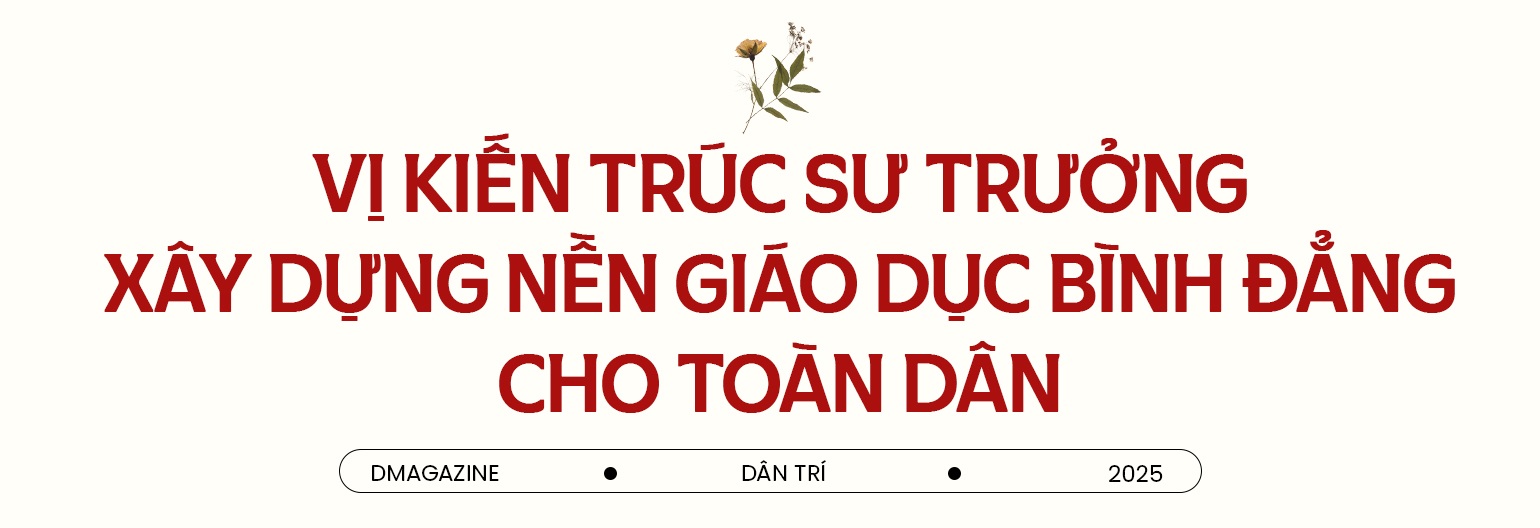
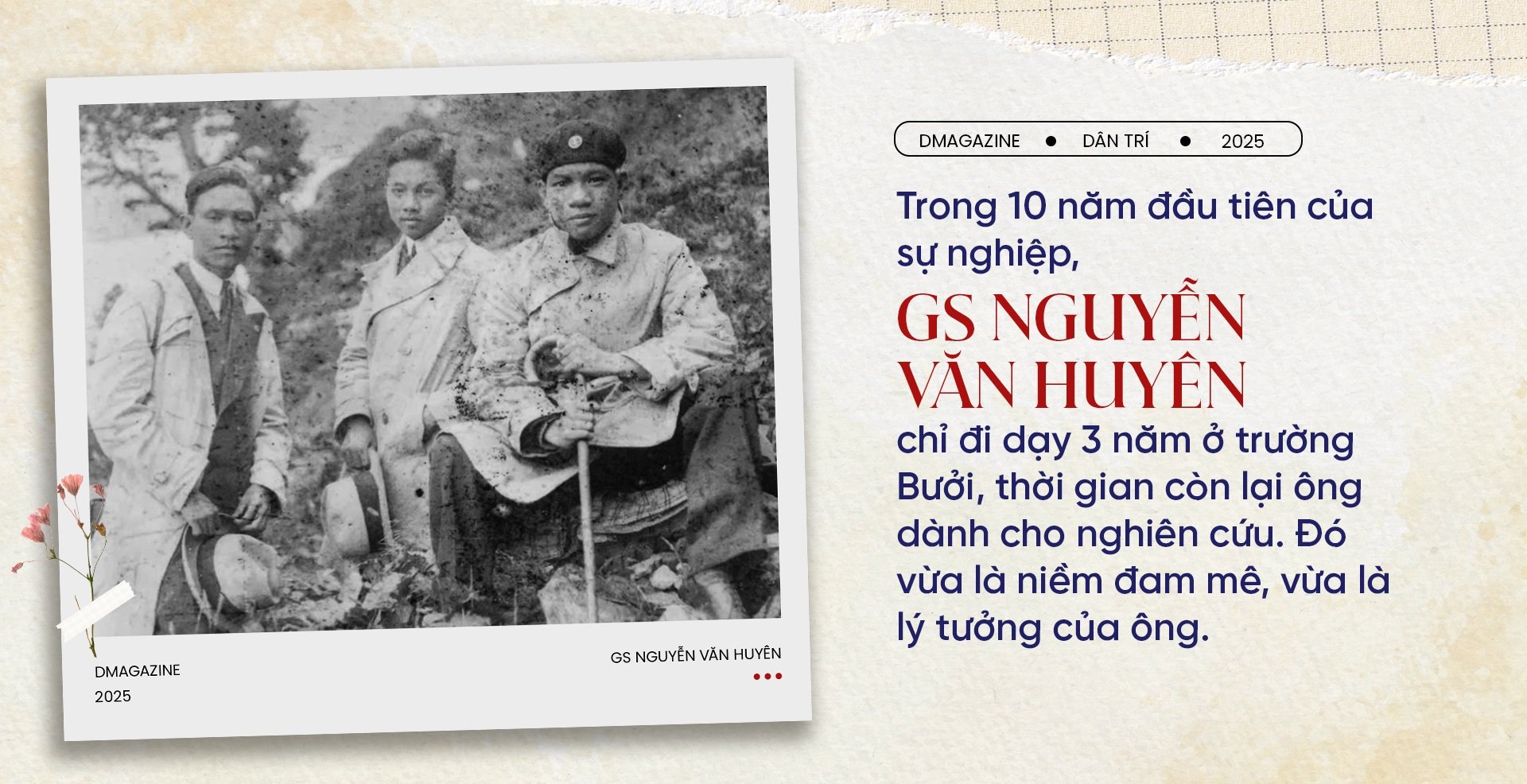
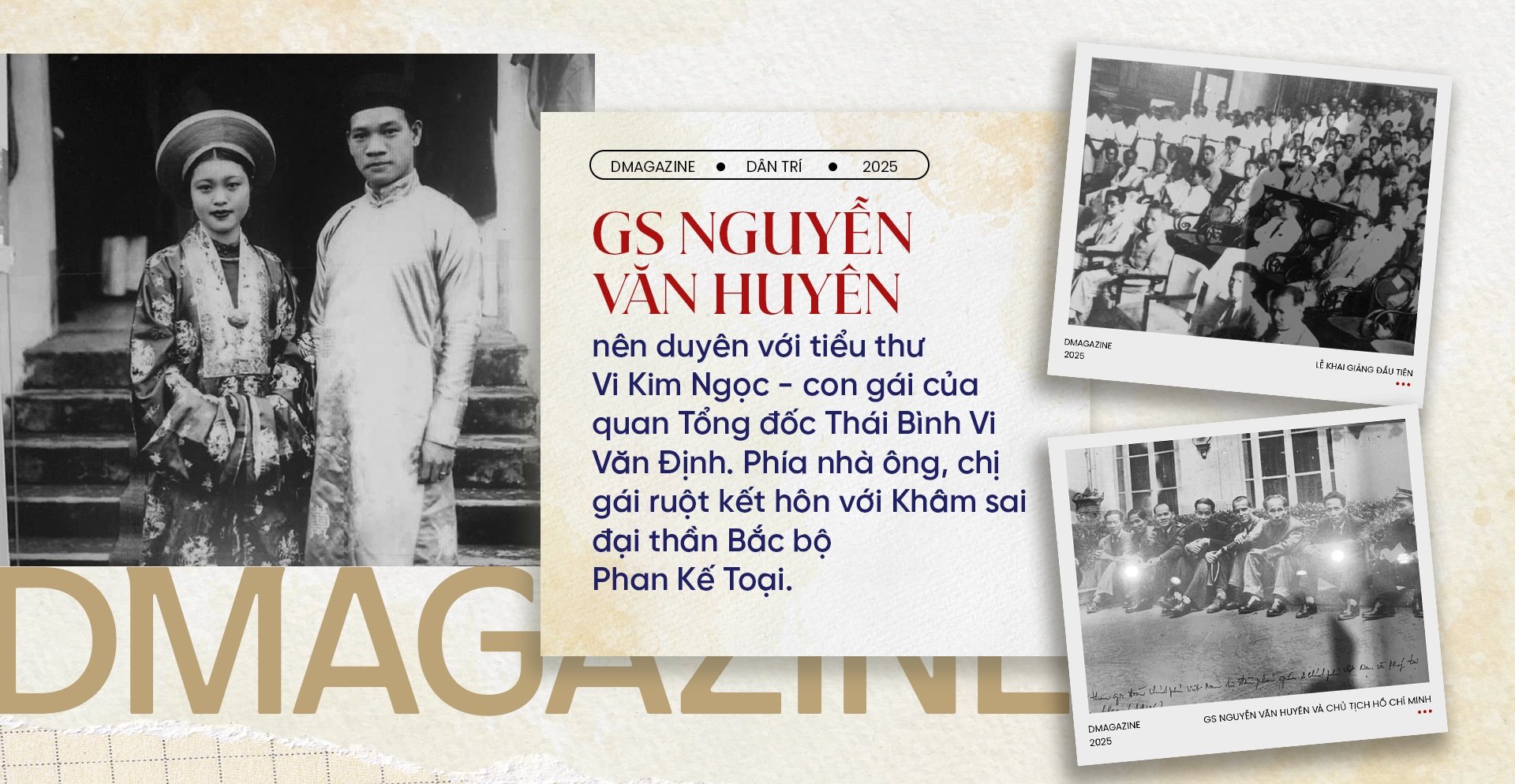
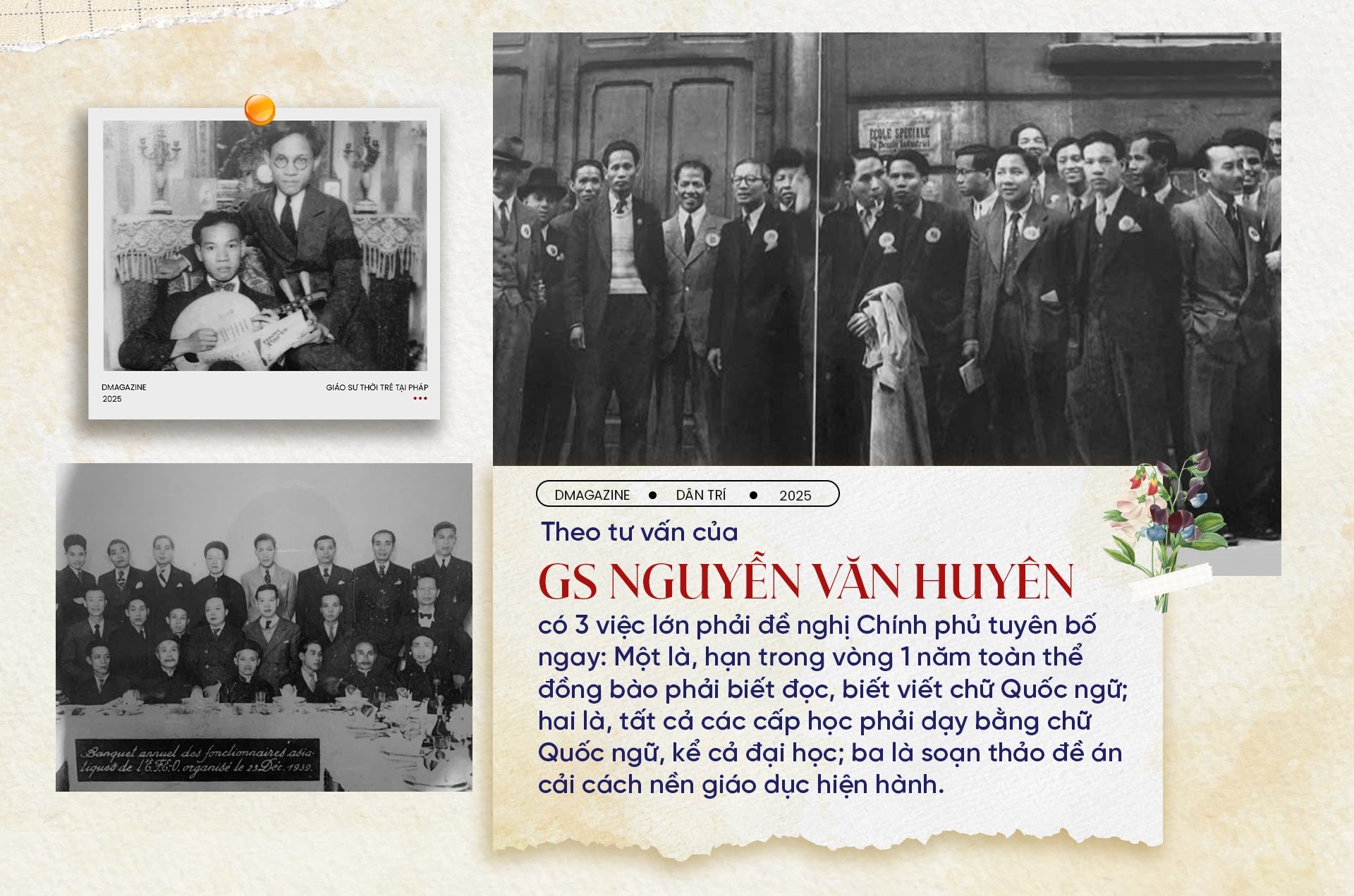
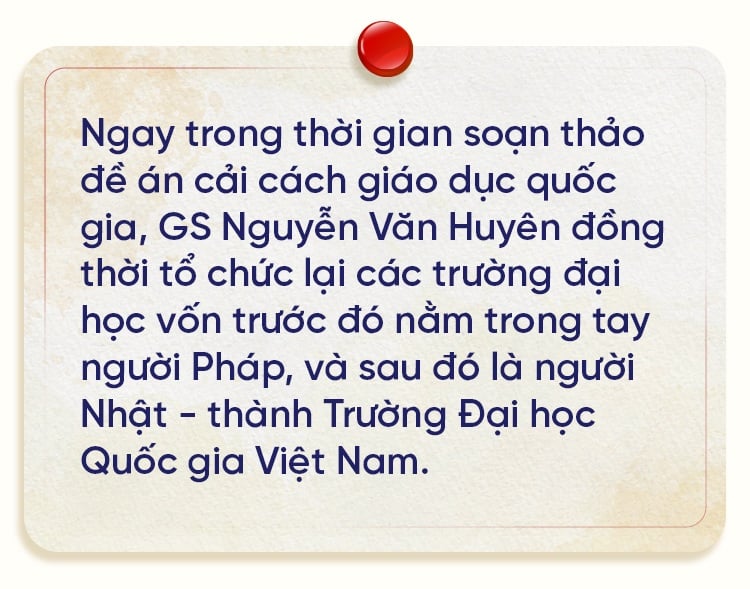

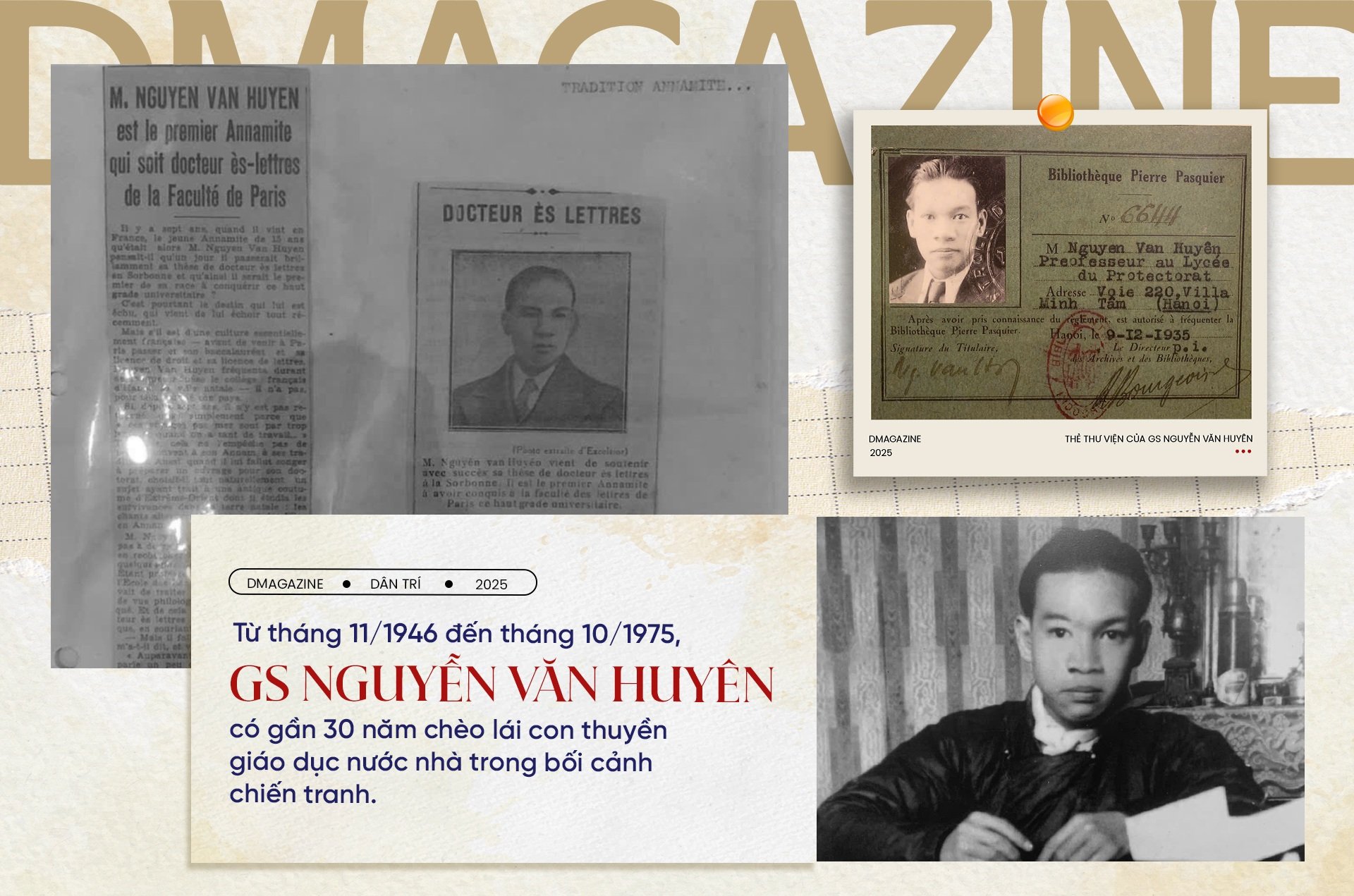

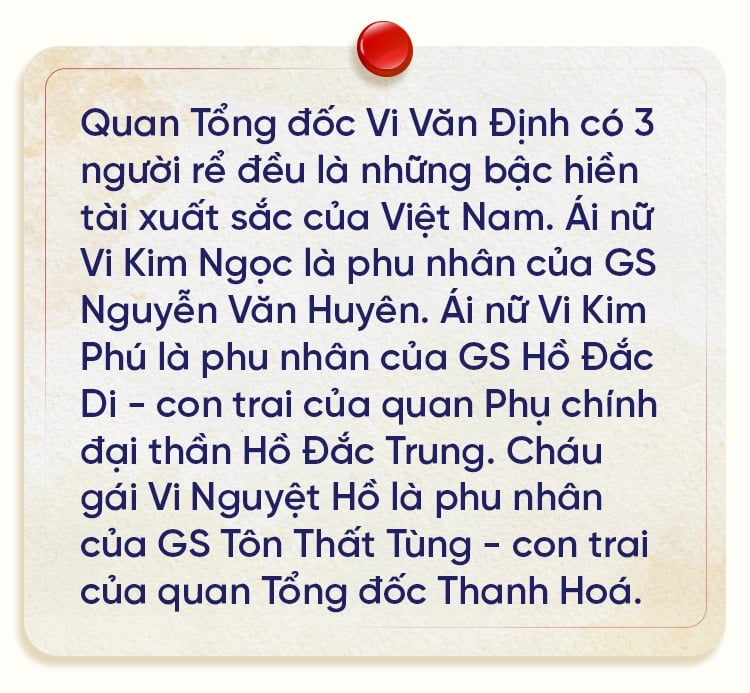
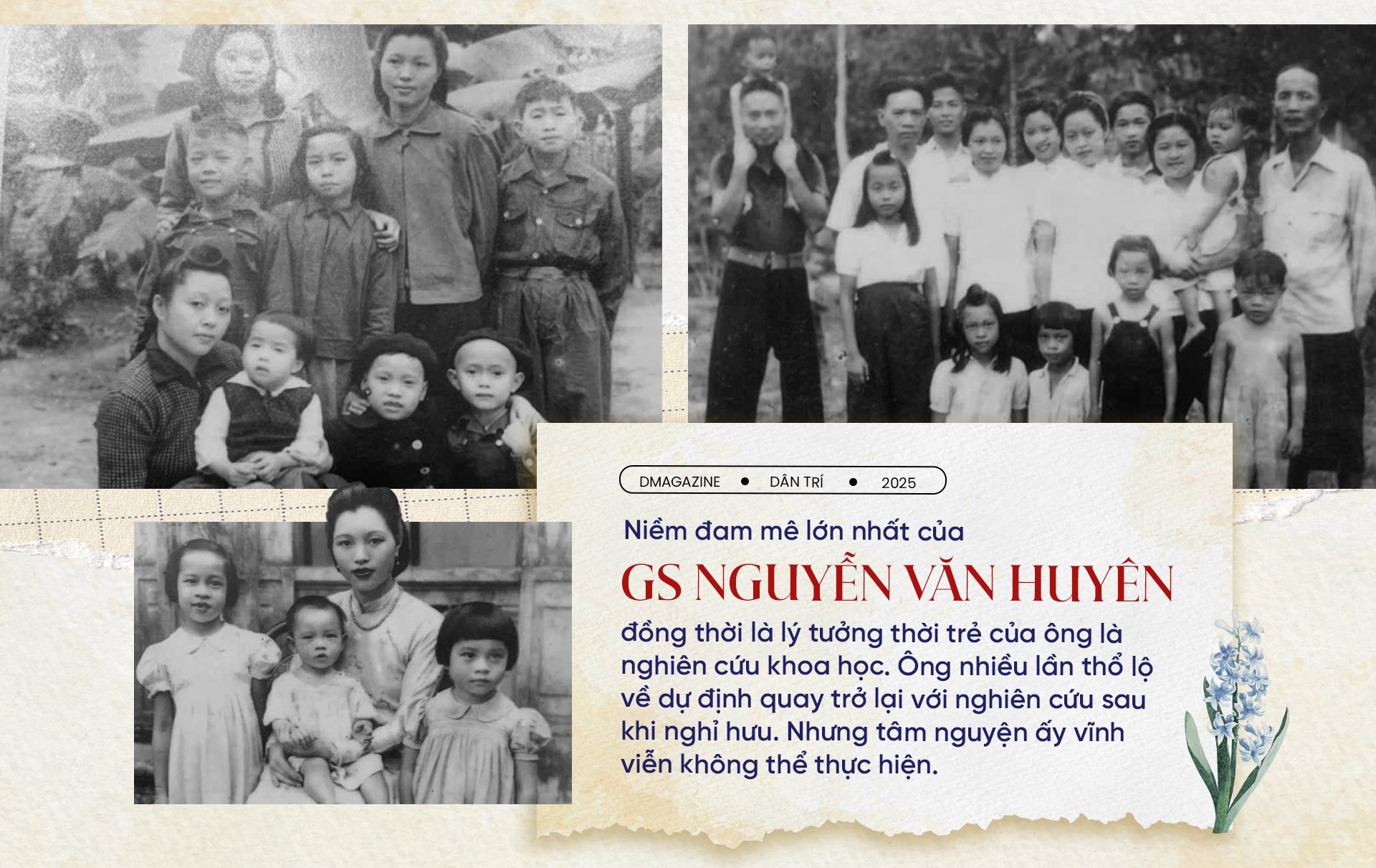

![[Photo] Prime Minister Pham Minh Chinh chairs the conference to review the 2024-2025 school year and deploy tasks for the 2025-2026 school year.](https://vphoto.vietnam.vn/thumb/1200x675/vietnam/resource/IMAGE/2025/8/22/2ca5ed79ce6a46a1ac7706a42cefafae)
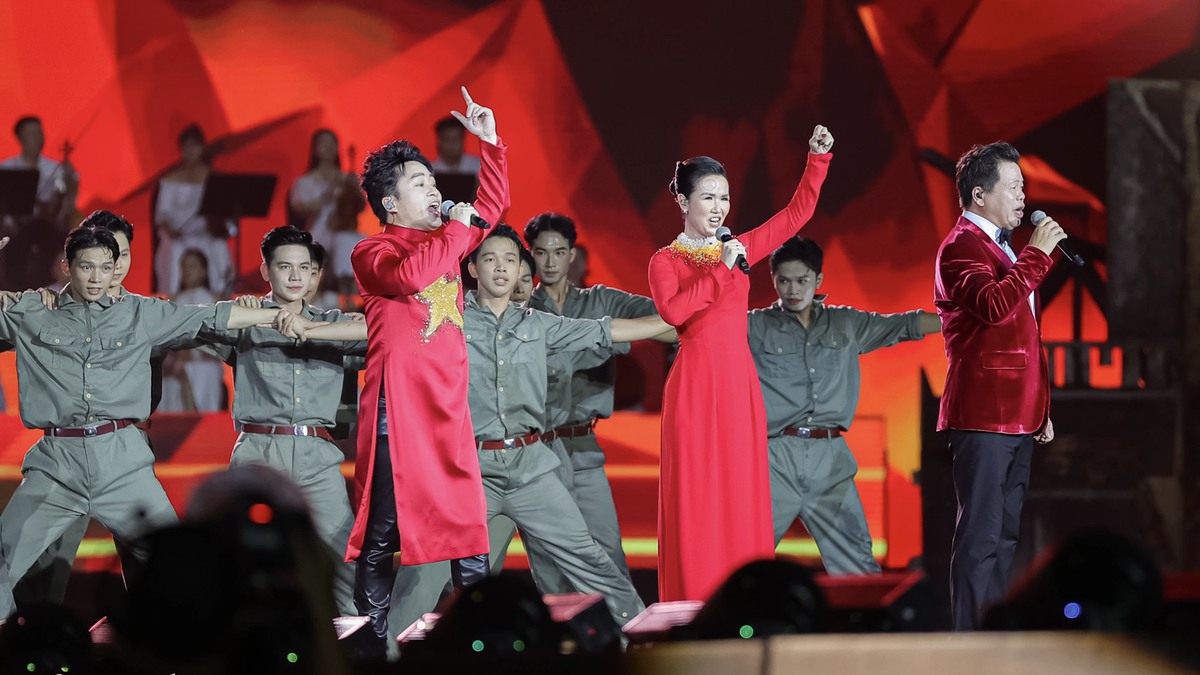
![[Photo] President Luong Cuong receives delegation of the Youth Committee of the Liberal Democratic Party of Japan](https://vphoto.vietnam.vn/thumb/1200x675/vietnam/resource/IMAGE/2025/8/22/2632d7f5cf4f4a8e90ce5f5e1989194a)

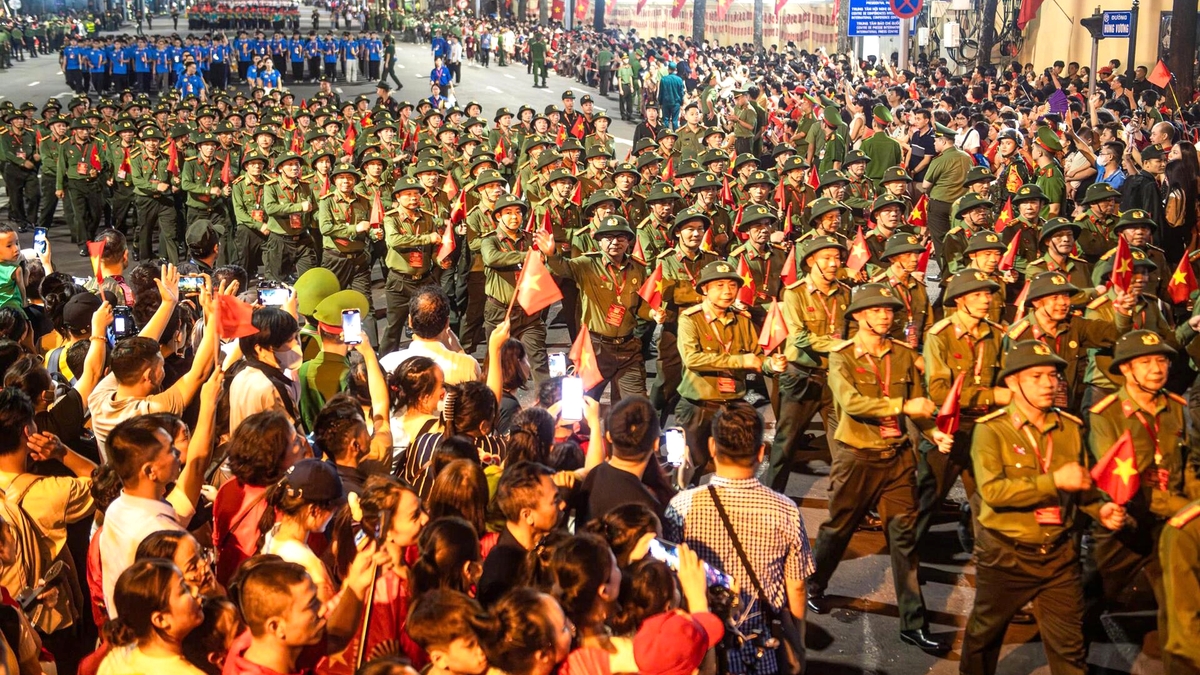
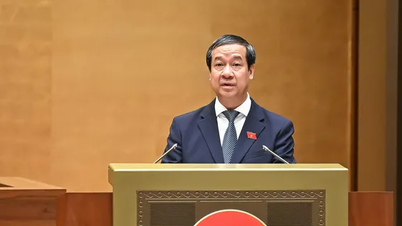

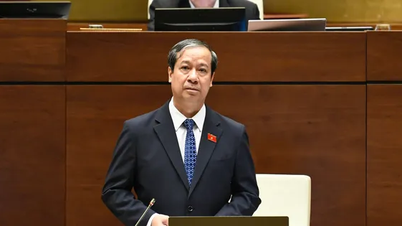
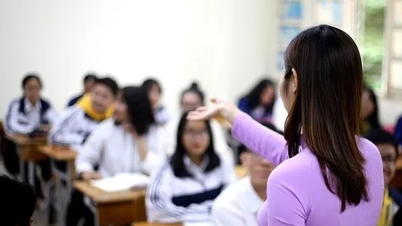
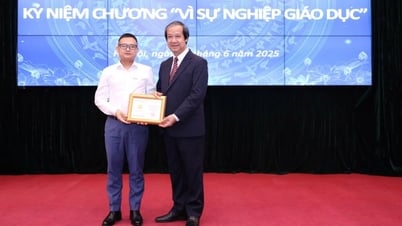
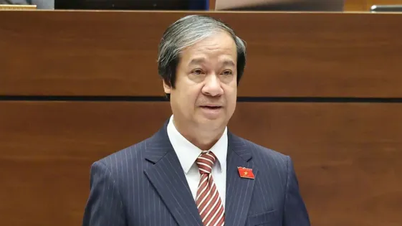
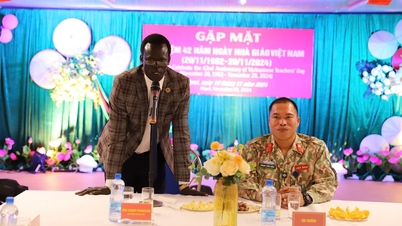

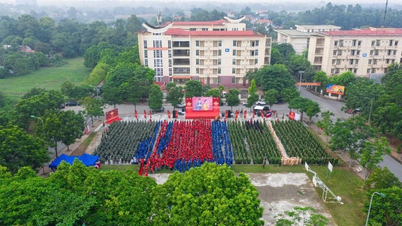

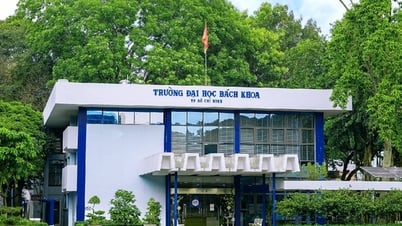

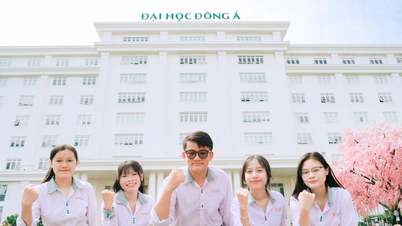

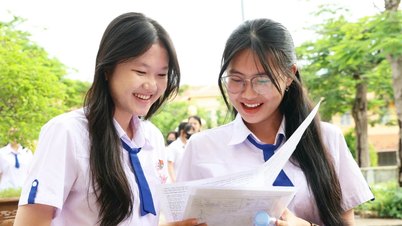
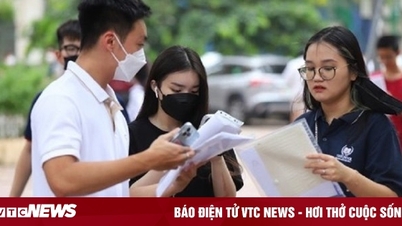

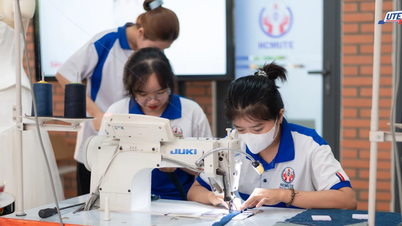




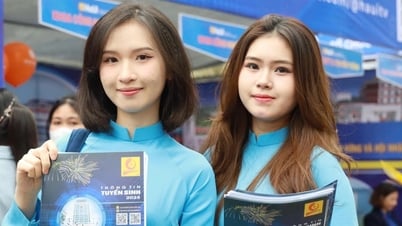
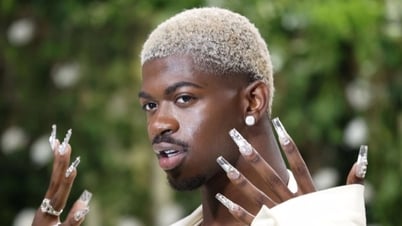
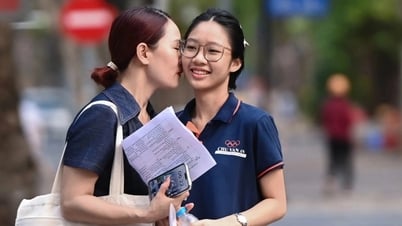

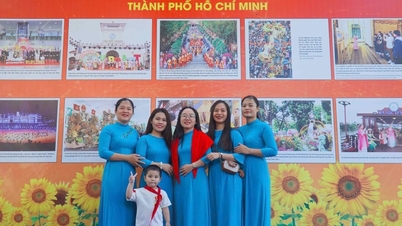

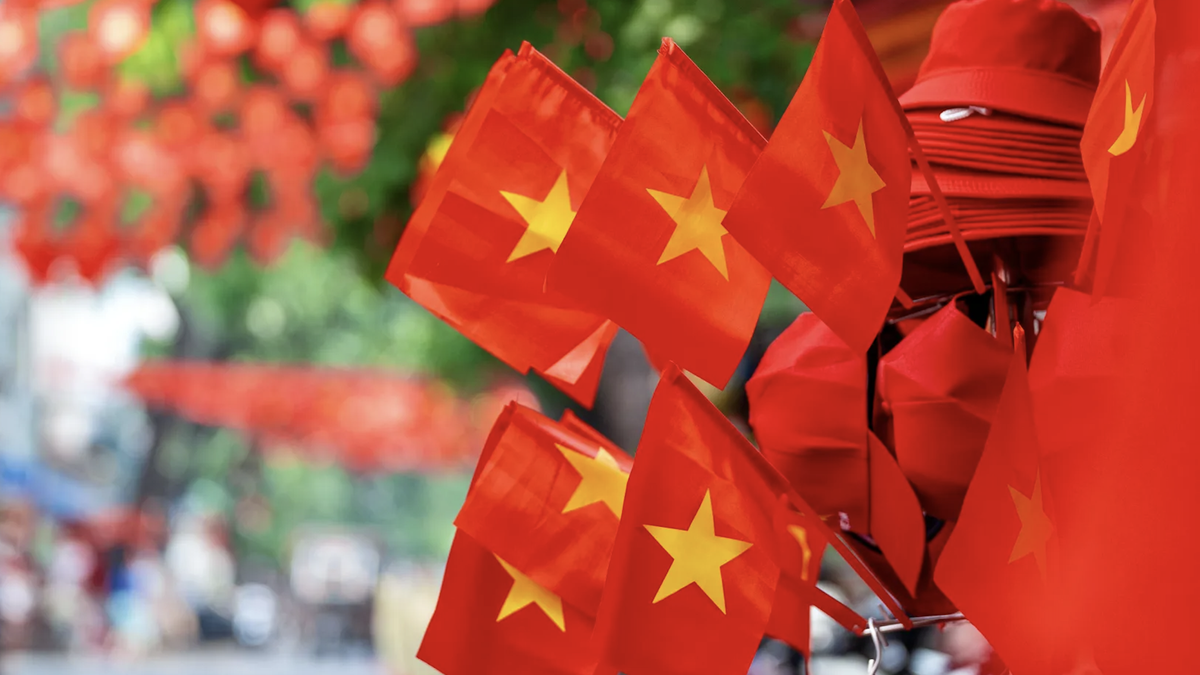









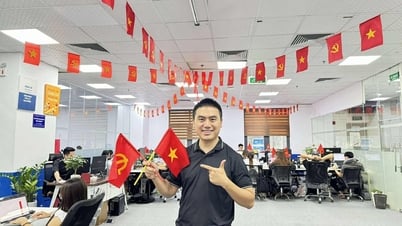














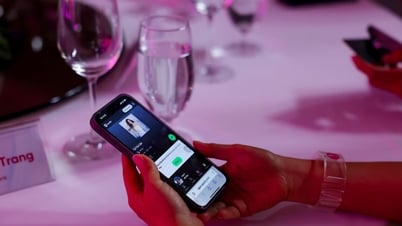











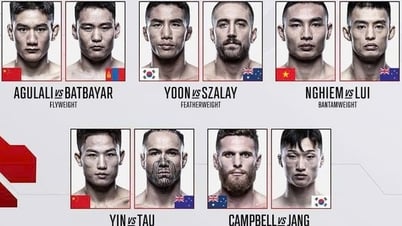
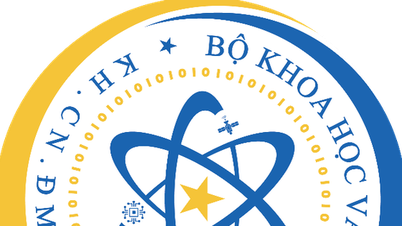


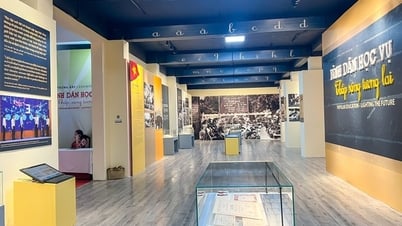
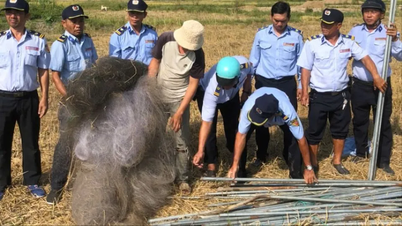
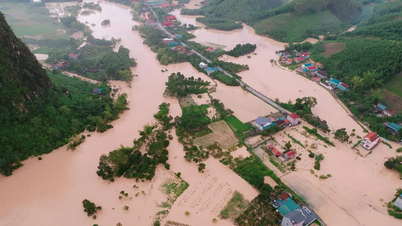
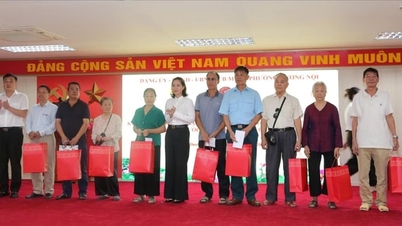

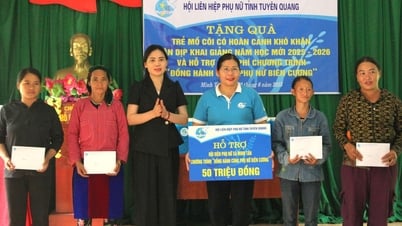

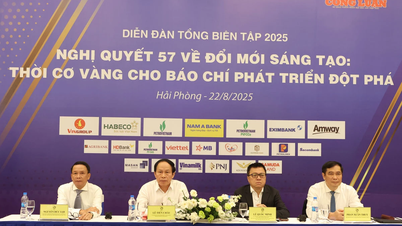















Comment (0)